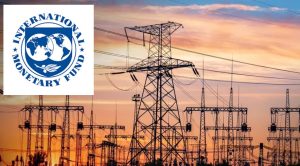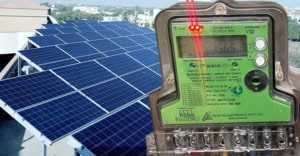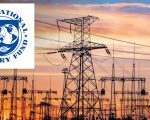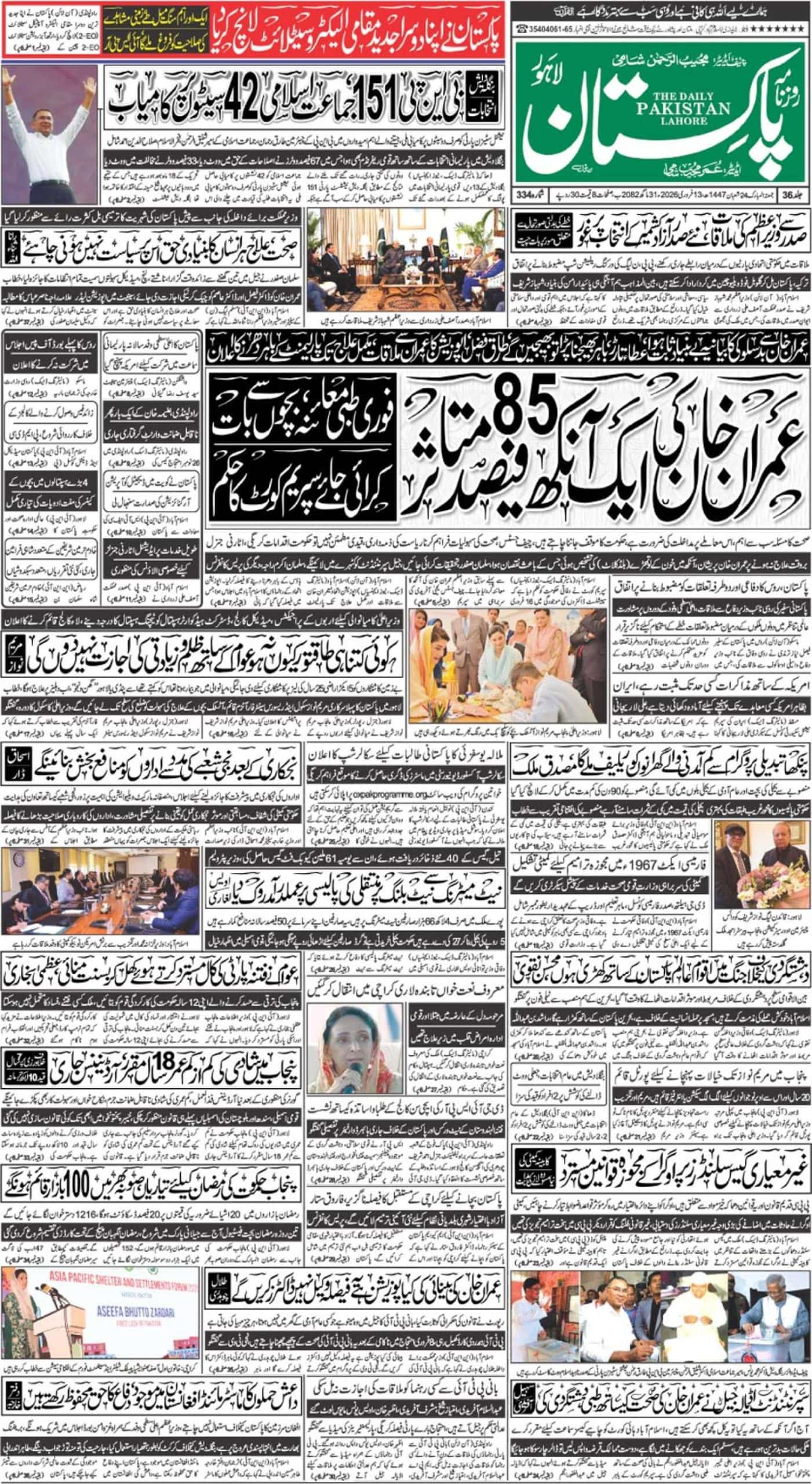KARACHI – Abdul Shakoor Khatri, a prominent industrialist and the founding chairman of the All-Pakistan Textile Processing Mills Association (APTPMA), has strongly criticised the federal budget for 2025-26 for imposing an 18% tax on solar energy. He argues that this decision is counterproductive to Prime Minister Shehbaz Sharif’s vision of creating an energy-efficient Pakistan.
Abdul Shakoor Khatri expressed his deep disappointment regarding the federal budget, emphasising that the business community had anticipated an industry-friendly and people-centric financial plan. Instead, the new taxation measures, particularly those affecting solar energy, have further burdened industries that are already struggling with high production costs.
“Electricity prices have skyrocketed, making industrial operations uncompetitive. Now, taxing solar energy removes the last affordable alternative, forcing industries to rely on expensive grid electricity—a move that is both unjust and regressive,” Khatri stated. He contrasted Pakistan’s approach with global trends, where governments incentivise renewable energy to reduce costs and enhance industrial efficiency. “While the world embraces technological advancements, our policies seem to push industries backwards,” he remarked.
Khatri highlighted the budget’s failure to address the challenges facing the textile sector, particularly the sharp decline in local cotton production. “Instead of imposing taxes on imports, the government should eliminate duties on cotton to sustain industrial operations and preserve employment,” he argued. He urged authorities to introduce special incentives for the textile industry, including easier access to bank loans for importing modern machinery to enhance global competitiveness.
The veteran industrialist emphasised the need for a cohesive policy that benefits the entire textile value chain—from ginning and dyeing to weaving and garment manufacturing. “The State Bank and the Finance Ministry must collaborate on a strategy that supports all segments of the sector,” he said.
Khatri also appealed for concessions for senior citizens, including exemptions from tax return filings, and underscored the urgency of completing critical infrastructure projects such as Keti Bandar and the K-4 water scheme. “Delays in these projects hinder economic growth and exacerbate water and energy shortages,” he noted.
He warned that without corrective measures, the current budget framework risks stifling industrial growth and increasing unemployment. Khatri urged the government to revisit the solar tax and other punitive measures, aligning policies with the needs of both businesses and the public.














